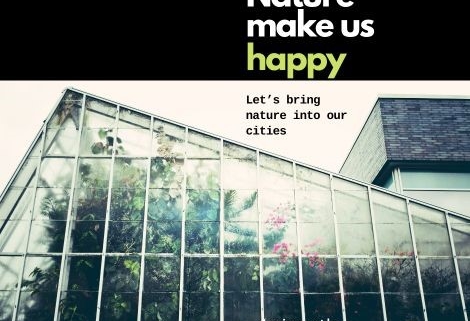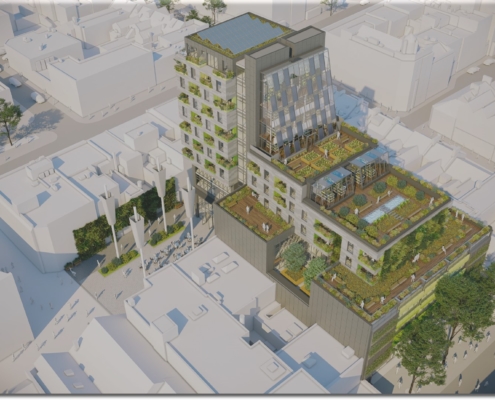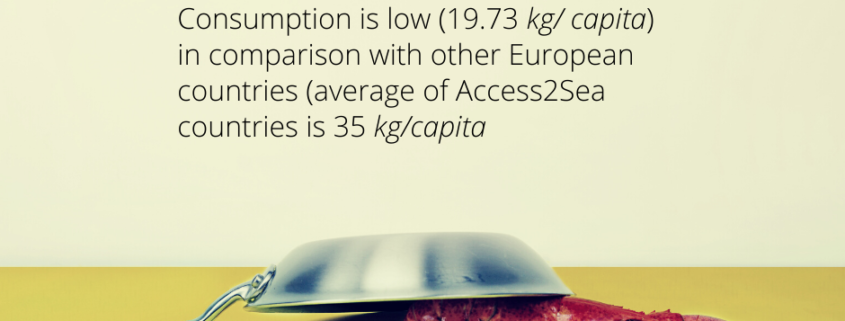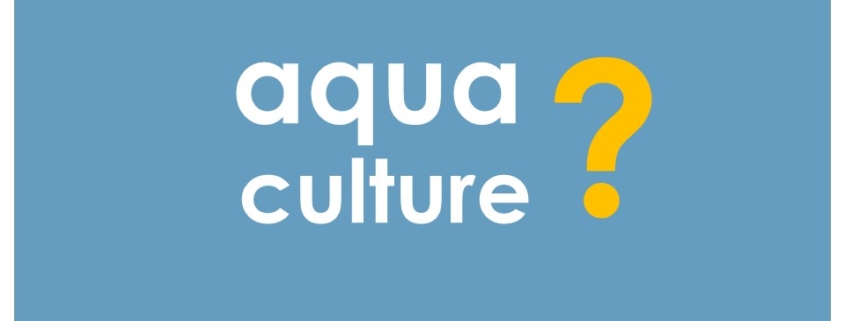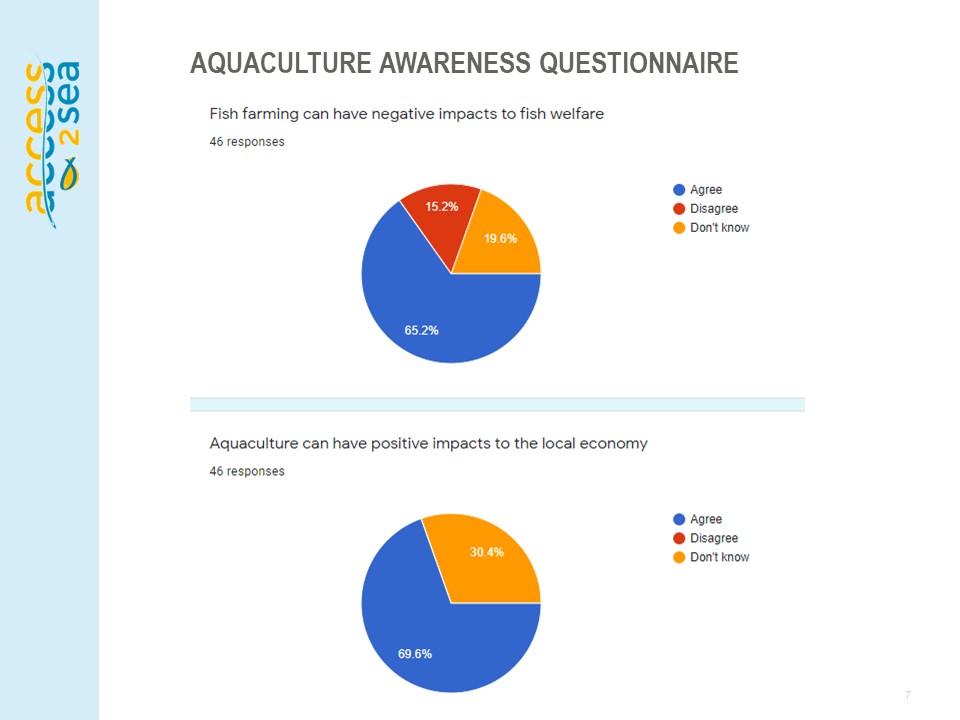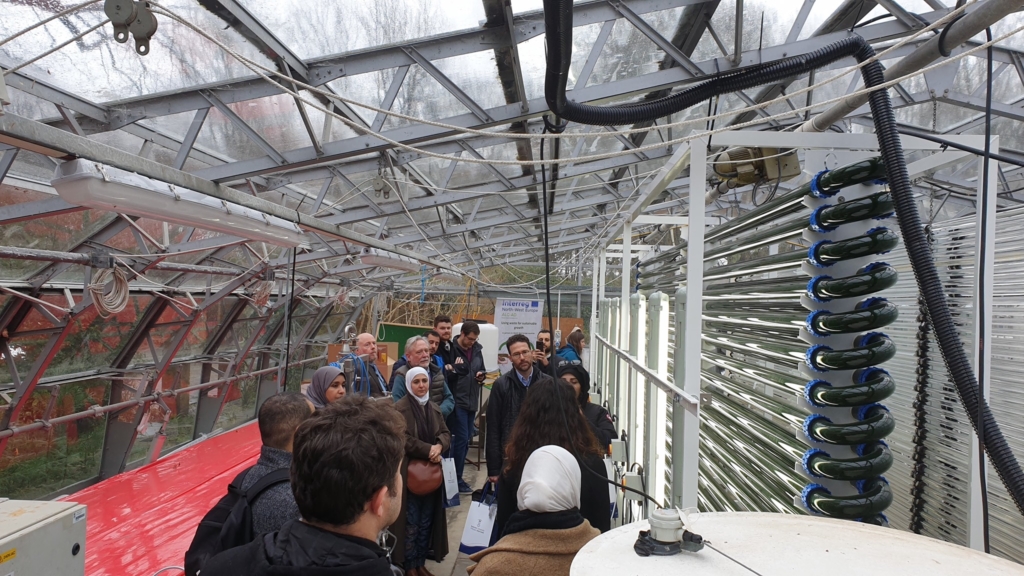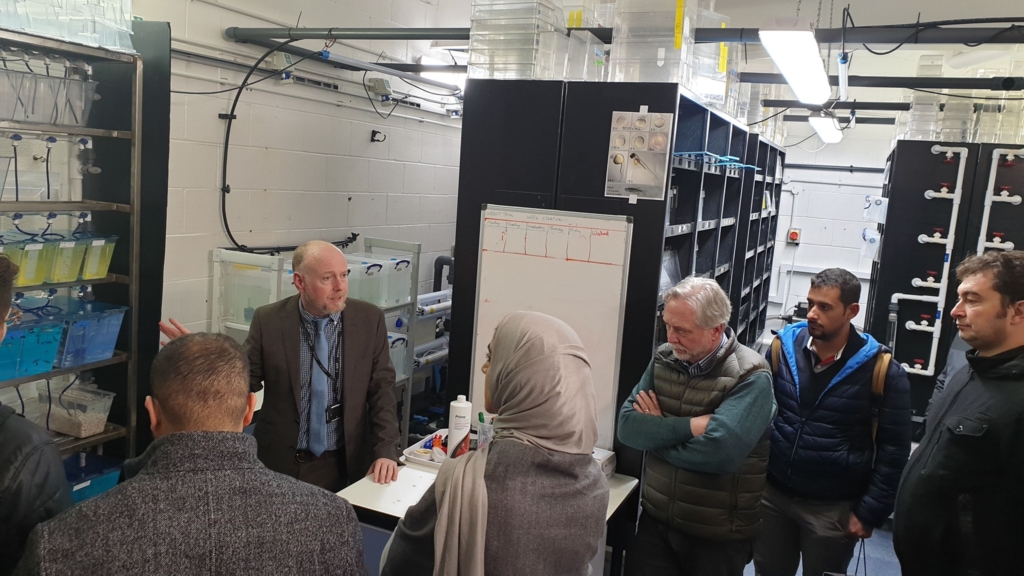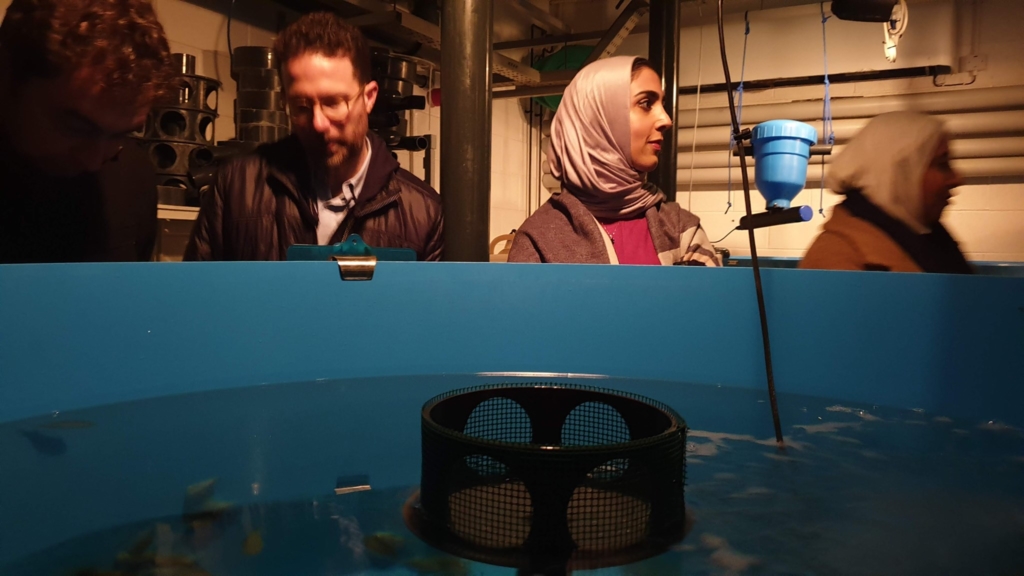Access2Sea at Swansea Science Festival
The Centre for Sustainable Aquatic Research had the pleasure to be part of the Welsh largest free science festival last Saturday (24 Oct 2020). We were live but virtual, in the fringe stage. We had the opportunity to launch our video where we showcased our research and unique aquaculture facilities in the UK. Participants were very engaged and had many questions about fish invasive species (brown trout) in the Falklands. Jess Minnette is finishing her PhD and had the opportunity to share her exciting research in this remote South Atlantic archipelago.
There were also many questions about sustainable diets in aquaculture and the role of fats such as omega-3 from microalgae oil. Some concerns were raised about heavy metals in fish and the differences between farmed fish and wild fish. Sergio Trevi had the opportunity to introduce his PhD research on farmed tilapia. Dr Sara Barrento explained the differences between macro and microalgae and introduced the Access2Sea project. While Paul Howes shared some exciting news about the new biophilic building project at Swansea.
Text by Dr Sara Barrento
Centre for Sustainable Aquatic Research, Swansea University

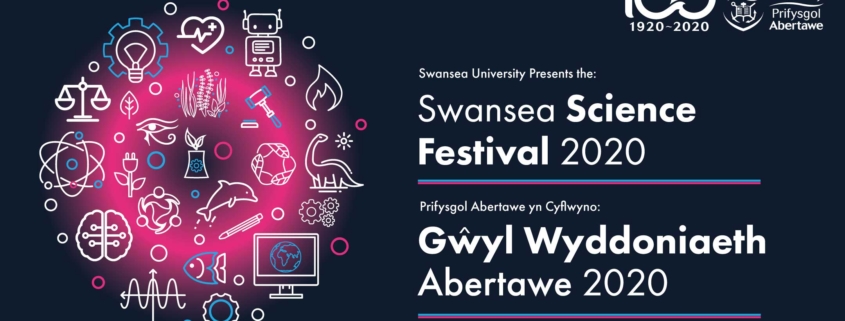
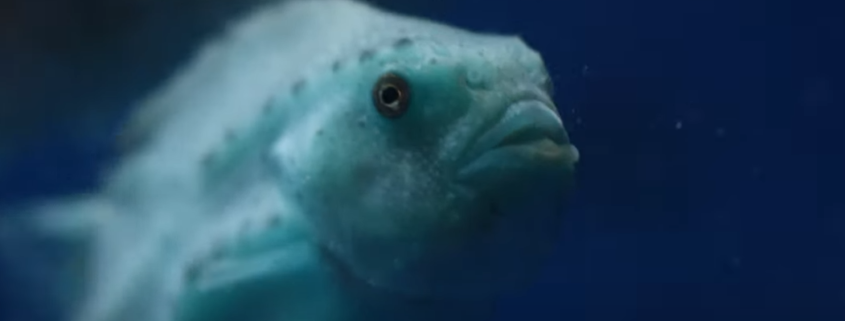
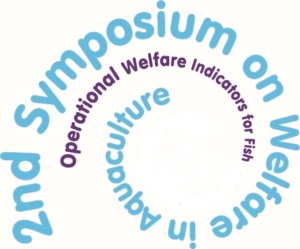 is delighted to announce the line-up of speakers for the Second Symposium on Welfare in Aquaculture (SWELA 2020). This year the symposium is going to be a webinar on the 26th of November with
is delighted to announce the line-up of speakers for the Second Symposium on Welfare in Aquaculture (SWELA 2020). This year the symposium is going to be a webinar on the 26th of November with 